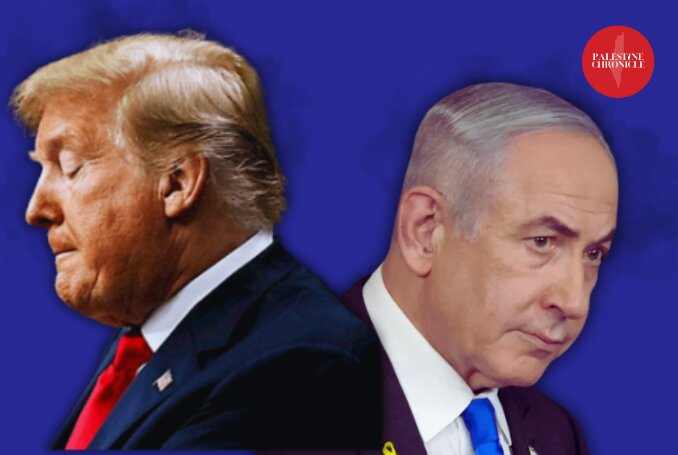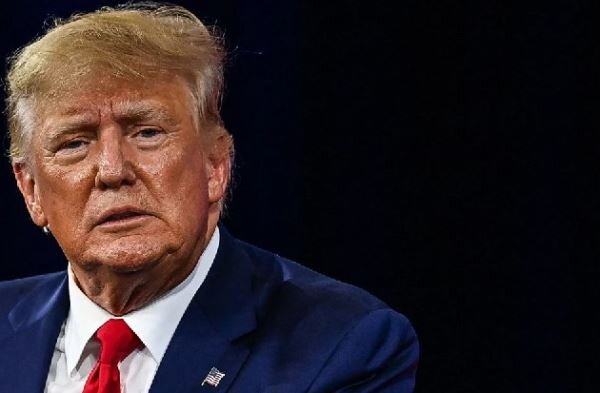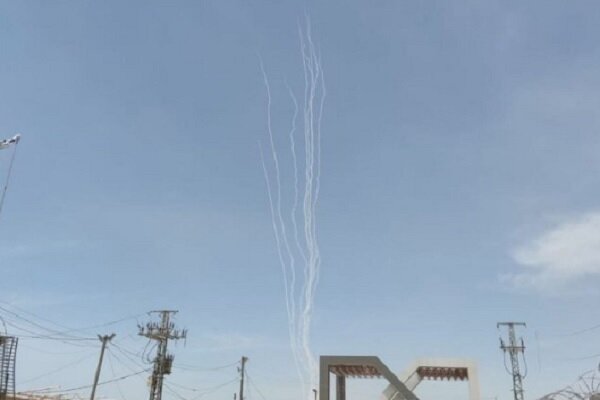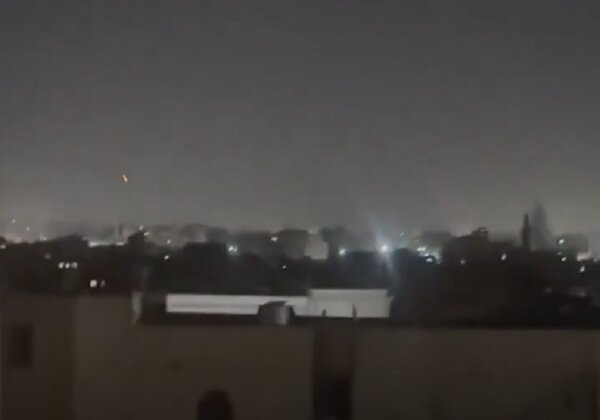Rising Tensions: Israel and US Face Divisions Over Gaza and Yemen Conflicts
As tensions escalate in the Middle East, President Trump’s administration is intensifying its diplomatic efforts to negotiate a ceasefire in Gaza. This initiative comes amidst ongoing military operations by Israel, and sources indicate that a ceasefire announcement could happen soon, possibly during the weekend of May. This article delves into the current situation, highlighting the complexities of the ceasefire negotiations and their potential implications for regional stability.
The U.S. proposal centers around a 21-day ceasefire, which aims to facilitate the restoration of Gaza under American supervision while also resuming humanitarian assistance. Key elements of this plan include:
- Logistical centers: The Israeli army is reportedly establishing logistical centers in Gaza to aid in infrastructure reconstruction and manage humanitarian aid.
- U.S. involvement: The United States is expected to play a significant role in the oversight of these initiatives.
- Hamas assurances: The agreement may also involve assurances for Hamas regarding its future role in civil governance and security in Gaza.
However, the proposal appears to diverge significantly from Israel’s demands, raising concerns among Israeli officials. They worry that Trump’s potential announcement of the agreement may pressure Prime Minister Benjamin Netanyahu into making politically challenging decisions. The Israeli government fears that this ceasefire could undermine national security and inadvertently bolster Hamas’s position.
According to reports, if a ceasefire agreement is not established by May 15, the Israeli Security Cabinet has approved plans for a comprehensive ground operation aimed at occupying and demolishing parts of Gaza. Such actions could displace nearly two million Palestinians and exacerbate the already dire humanitarian crisis in the region.
This situation reflects a growing chasm between Israel’s military readiness and the U.S. diplomatic initiatives. President Trump’s strategy seeks a diplomatic breakthrough, a move that has sparked frustration among Israeli officials who favor a more aggressive military posture.
US-Yemen Ceasefire Deal: A Separate Flashpoint
In addition to the Gaza situation, the Trump administration’s recent ceasefire agreement with Yemen’s Ansarallah has further complicated regional dynamics. Announced in early May 2025, this agreement follows an Omani-mediated truce designed to prevent attacks on American vessels in the Red Sea.
Key points regarding the U.S.-Yemen ceasefire include:
- Suspension of airstrikes: The United States has agreed to halt airstrikes following a seven-week bombing campaign targeting military and infrastructure sites in Yemen.
- Exclusion of Israel: Notably, Israel was excluded from discussions regarding this ceasefire, prompting significant backlash from Israeli government officials.
Despite the U.S.-Yemen truce, the Ansarallah movement has vowed to continue its missile and drone attacks against Israel, particularly in support of Palestinians in Gaza. This includes a missile strike near Ben Gurion Airport on May 4, which heightened concerns over regional security.
Israeli officials have voiced their alarm regarding the U.S.-Yemen ceasefire, perceiving it as a risky diplomatic maneuver that undermines Israel’s security and deterrent capabilities. Prime Minister Netanyahu has expressed a commitment to Israel’s unilateral defense, stating that the nation will “defend ourselves alone” against threats from Yemen.
Israeli War Minister Yoav Katz has underscored the country’s readiness to take decisive action, threatening to deliver “heavy blows” to Yemen if the attacks persist. The U.S. agreement with Yemen has been interpreted by Israeli officials as a prioritization of American strategic interests—namely, the protection of shipping lanes and the resolution of the Yemeni conflict—over Israel’s security concerns.
As President Trump prepares for his pivotal Middle East visit, these diplomatic agreements aim to showcase U.S. leadership and promote stability in the region. However, they also risk alienating Israel and complicating long-standing alliances. The forthcoming weeks will be crucial in assessing the durability of U.S.-Israel relations and the broader prospects for peace and stability across the Middle East.
As Washington and Tel Aviv navigate their competing visions for Gaza, Yemen, and overall regional security, the implications of these negotiations will be pivotal in shaping the future of the region.






